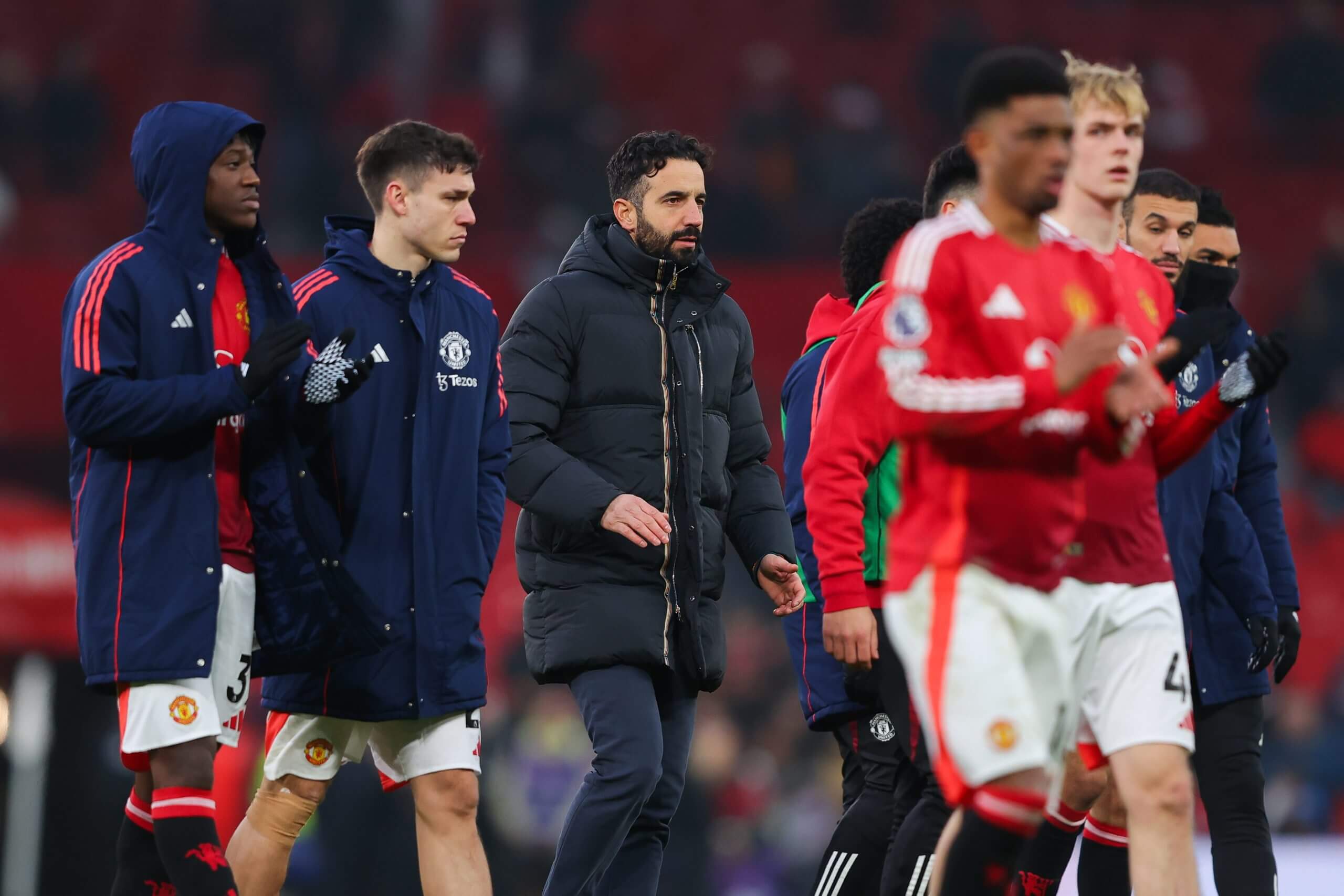The Darkest Periods in Manchester United’s History

Every great football club has its golden eras—but none escape moments of hardship. The story of Manchester United, often celebrated for dominance and global prestige, also contains chapters of pain, failure, and survival. These chapters reveal resilience and shape the club’s true character.
The darkest periods of Manchester United—financial instability, relegations, tragedies, and post-Ferguson decline—form an essential part of its identity. To understand the full scope of the club’s legacy, the journey must begin with the financial and footballing struggles of its earliest days.
Early Financial Struggles and Instability
Before Manchester United became a global giant, its predecessor Newton Heath LYR Football Club battled serious financial crises. Founded in 1878 by railway workers, Newton Heath lacked the resources to sustain itself against growing competition. By the early 1900s, debts exceeded £2,500—a crippling figure for the time.
This instability nearly dissolved the club. Without external intervention from John Henry Davies in 1902, Newton Heath would have disappeared, and Manchester United would never have been born. These precarious beginnings set the stage for future challenges.
Relegation in the Early 20th Century
Manchester United’s early history also contained struggles on the pitch. Despite Davies’ rescue, the team endured inconsistent performances, including relegation battles. In 1922, United were relegated to the Second Division after finishing 22nd in the league.
Statistical evidence shows how far the club fell: from early league champions in 1908 to bottom-tier struggles within 14 years. These setbacks required resilience, as rebuilding in the Second Division demanded both patience and determination.
Post-Munich Struggles of the Late 1950s
The darkest moment in Manchester United’s modern history came on February 6, 1958, with the Munich Air Disaster. The plane carrying the Busby Babes crashed, killing 23 people, including eight players, and injuring several more.
Sequentially, tragedy turned to resilience. First, the disaster devastated the squad. Second, interim manager Jimmy Murphy rebuilt with makeshift teams. Third, Sir Matt Busby returned, defying the odds to eventually guide the club back to glory. The 1968 European Cup win became the ultimate redemption, but the late 1950s marked a painful, uncertain chapter.
Relegation in 1974
Another low point came in 1974, when Manchester United were relegated from the First Division under manager Tommy Docherty. The fall was shocking for a club of United’s stature, especially given its recent history of winning the 1968 European Cup.
Comparison reveals the depth of the decline: within six years of being European champions, United found themselves playing second-tier football. This humiliation tested the loyalty of fans but also set the stage for eventual resurgence.
The Role of George Best, Law, and Charlton
The relegation of 1974 cannot be separated from the decline of United’s famed trio: George Best, Denis Law, and Bobby Charlton. Charlton had retired in 1973, Law joined Manchester City and scored against United in the infamous match sealing relegation, and Best’s off-field issues diminished his brilliance.
Their absence or decline symbolized the end of an era. These legends were the reason United had been dominant, and without them, the team’s fragility was exposed. This chapter highlights how much individuals can influence a club’s fortunes.
Turbulence of the 1980s
Although United bounced back from relegation, the 1980s were defined by turbulence. The club won FA Cups in 1983 and 1985 but never mounted a serious title challenge. Managerial instability saw Ron Atkinson dismissed, leaving a legacy of inconsistency.
Evidence repeated itself: without consistent leadership, United’s performances faltered. It was only with the arrival of Sir Alex Ferguson in 1986 that stability and long-term planning returned, setting up the club’s greatest modern era.
Post-Ferguson Decline After 2013
The retirement of Sir Alex Ferguson in 2013 ushered in another of the darkest periods of Manchester United. Ferguson had delivered 13 league titles and two Champions League trophies, creating unprecedented dominance. His departure exposed structural weaknesses.
Comparison illustrates the stark contrast: under Ferguson, United rarely finished outside the top three; post-Ferguson, the club has struggled to maintain top-four finishes consistently. Fans accustomed to success found themselves enduring mediocrity.
Managerial Instability and Trophy Droughts
Since 2013, Manchester United have cycled through managers including David Moyes, Louis van Gaal, José Mourinho, Ole Gunnar Solskjær, and Erik ten Hag. Each brought different strategies, but none replicated Ferguson’s sustained success.
The sentiment of fans shifted from pride to frustration. Long trophy droughts, coupled with heavy defeats, intensified scrutiny from global media. These struggles symbolize how difficult it is to rebuild after a golden dynasty.
Cultural Impact of United’s Lowest Points
Manchester United’s darkest periods are not only about results—they also shaped fan culture. The Munich disaster created solidarity worldwide. Relegation in 1974 tested loyalty, but fans continued to fill Old Trafford even in the Second Division. The post-Ferguson decline has sparked activism, with protests against ownership and calls for reform.
These cultural reactions show resilience in adversity. Supporters today connect with these struggles through modern platforms like ยูฟ่าเบท 168 เข้าสู่ระบบ, where football culture, stories, and fan experiences extend beyond the pitch.
Lessons Learned from the Darkest Periods
Every low point in Manchester United’s history carried lessons. Financial crises taught the value of sustainable management. Relegations proved the importance of long-term planning. The Munich tragedy highlighted resilience and community solidarity. The post-Ferguson decline underscores how succession planning is vital for continuity.
Hardship and resilience are related attributes that continue to define United’s identity. Each struggle strengthened the foundation upon which future triumphs were built.
Legacy of Manchester United’s Darkest Periods
The darkest periods of Manchester United—from Newton Heath’s financial woes to relegations, tragedies, and modern decline—form an inseparable part of its story. They reveal the resilience of a club that has faced extinction, humiliation, and heartbreak but always rebuilt stronger.
Today, fans continue to reflect on these moments as part of the club’s legacy. Engaging with football culture, both in stadiums and in wider communities, extends into modern activities such as exploring กติกาบาคาร่า, showing how sport connects history, culture, and entertainment.
In conclusion, Manchester United’s darkest chapters remind us that greatness is forged not only in triumph but also in suffering. These periods shaped the character of the club, ensuring that every victory carries the weight of resilience earned through adversity.






